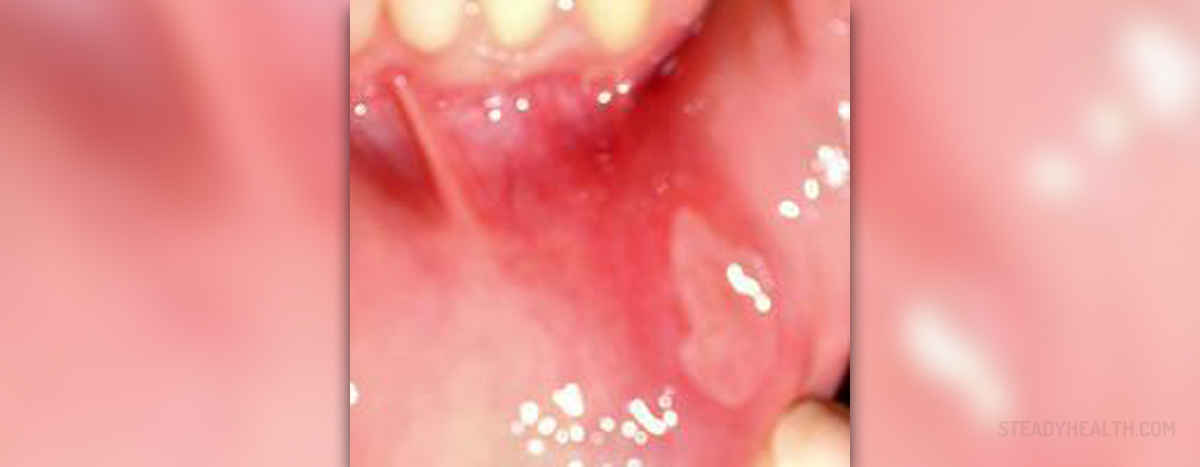
Many of us have at least once experienced some mouth problems. There are many conditions affecting different portions and parts of the oral cavity. Some remain localized to the gums, cheeks, roof of the mouth, floor of the mouth or the tongue, while others occur in a form of lesions scattered on different parts at the same time.
Depending on the underlying cause, symptoms and signs vary a lot. Based on these and after taking patient's history and performing an oral exam, doctors may easily diagnose different mouth problems and suggest the most convenient treatment approach.
The Most Common Mouth Problems
Sores in general are frequently reported to affect the inside of the mouth. These can be further classified into cold sores and canker sores. The first group is associated with infection caused by Herpes simplex virus while canker sores are not related to any infectious agents and affect people whose immune system is not strong enough.
The inside of the mouth may also be affected by some infections. Viral or bacterial infections tend to affect the tonsilar area while certain STDs may cause specific changes on other parts of the oral cavity. Thrush is frequently reported oral fungal infection, affecting people of all ages. Fungi tend to multiply uncontrollably and form white coating on the tongue. Once the coating is removed, the underlying mucous membrane shows signs of inflammation.
Some people may also develop angular cheilitis, inflammation of the corners of the mouth associated with poor diet, lack of vitamins and minerals and sometimes infections (predominantly fungal).
Leukoplakia is a thick and hard patch usually affecting the cheeks and tongue. It is actually a precancerous lesion and requires monitoring and surgical excision. It is reported more in people who use tobacco in any form.Additional Mouth Problems People Frequently Face with
Many people complain about Xerostomia (dry mouth). Even though the problem may be associated with dehydration it is also connected with intake of some drugs, gum disease and mouth infections.
Taste changes are also commonly reported complaints. Normal tastes can be altered (usually reduced) or a person reports an unusual taste such as metallic taste in the mouth. Metallic taste usually occurs if a person takes certain medications like iron supplements, for example.
And finally, bad breath is a problem many people have to deal with. Even though it can stem from a variety of conditions affecting the inside of the mouth such as dental cavity, periodontal disease, mouth infections etc. bad breath may also occur in individuals suffering from gastritis, inflammation of the stomach lining or other systemic conditions live liver cirrhosis. This is why such health issues may not have anything to do with changes in the oral cavity.








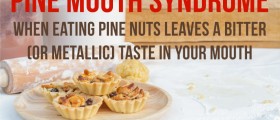
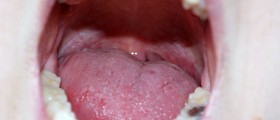

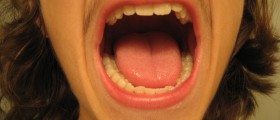
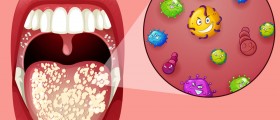

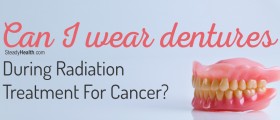

Your thoughts on this
Loading...